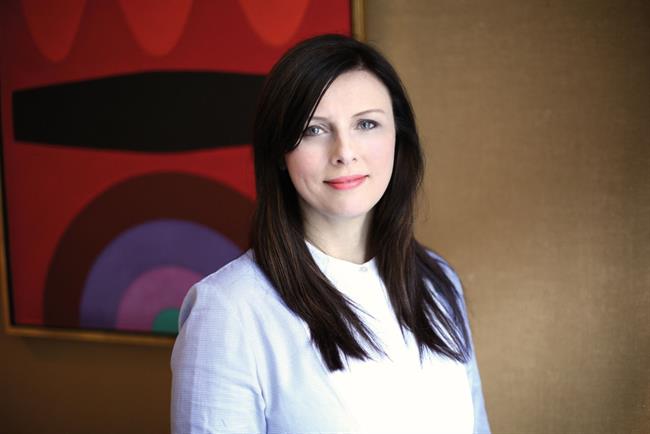Lisa Feldman Barrett, the Northeastern University professor of psychology, last week presented the compelling case that "emotions are not reactions to the world around us but constructions of the world". And, in her address to Wired Live, she presented this as scientific fact. Barrett’s scientific research into the matter concludes that emotions are nothing more than our brain’s explanation of our internal sensations.
If this is the case, how can tech companies claim to be able to detect, and even perhaps predict, our emotions based on 300 points of reference from our facial features, expression and movement alone? So much of the feelings inside and their manifestations on the outside are dependent upon the context (past and present) and our surroundings that it is near impossible to accurately ‘read’ people’s emotions via crude biometrics.
Earlier in the week, I had found myself speaking at a breakfast meeting discussing the subject of workplace emotion. Hosted by Open Blend, a company that provides software that facilitates one to ones focused on an individual’s wellbeing and key drivers, they embrace emotion as part of their approach. The value of this was backed up by an Open Blend user, Sonia Cargen, vice president in HR at American Express, who added that within Amex "honest and explicit conversations" were critical in getting to know each employee as "the whole person".
When Generation Z enter the workforce they will expect more in-person meetings and to be in an environment where they can make friends and socialise face to face
This holistic and emotional approach is only ever going to become a more important factor in the workplace now that we have welcomed Generation Z into it. An article in years ago made the point that when Generation Z enter the workforce they will expect more in-person meetings and to be in an environment where they can make friends and socialise face to face. No-one wants to feel like they are working alone but more importantly as Barrett points out, in-person interaction is the way we get feedback. You say something and I register that I have heard and understood and then I respond and it becomes a back and forth. As she points out, you don’t get that on Facebook: Facebook is a broadcast communication platform, it does not facilitate personal interaction. You have to find that IRL.
The World Economic Forum has predicted the top 20 skills most required in the workplace of 2020. Top of the list is "complex problem solving" followed by "critical thinking" and then "creativity".
Firstly, that means critical thinking and creativity have replaced "coordinating with others" and "people management" at number two and three spot in the list (complex problem solving remains number one) which suggests to me an assumption that people-y things requiring human interaction and engagement are forecast to be outsourced to machines.
Secondly, given what we know about face to face conversation and the emotional feedback system of personal interaction and how that will be desired by Gen Z, I’m not sure this bodes well.
Tricky issue of emotional intelligence
Perhaps the chink of light here is that emotional intelligence, which does not feature at all in the WEF list today, is forecast to become one of the top 10 skills by 2020, and it is often this ability that gives us a sense of our wholeness - to relate better to ourselves as well as those around us. And perhaps this will help facilitate and encourage more in-person "airtime" as Open Blend calls it.
But it’s still tricky when talking of emotional intelligence at work because there’s a myth that needs busting before it can become embedded in companies. The myth is that women are more emotional than men. I hear it in nearly every presentation on female empowerment or trends decks. Actually, women are no more emotional than men. As Barrett’s research suggests, one of the things that happens is we tend to associate rounder faces - like those of women and children - with being emotional because there’s a more childlike quality to that. She has some very compelling research showing that time and again people attach more emotion to the image of what they believe to be a female face, when it is, in fact, the exact same facial image as the "male".
In order for us to move forward and to encourage Gen Z to feel comfortable, to perform well and to be at ease in the workplace of the future, we will need to fully embed new non-gendered notions of emotion in all professional fields. And if it is true that that our emotions are nothing more than our brains’ explanations of our internal sensations, then better to talk about our internal sensations and what they could mean. After all, a conversation with another person is surely a better than a guess from a machine.
Tracey Follows is the founder of Futuremade


